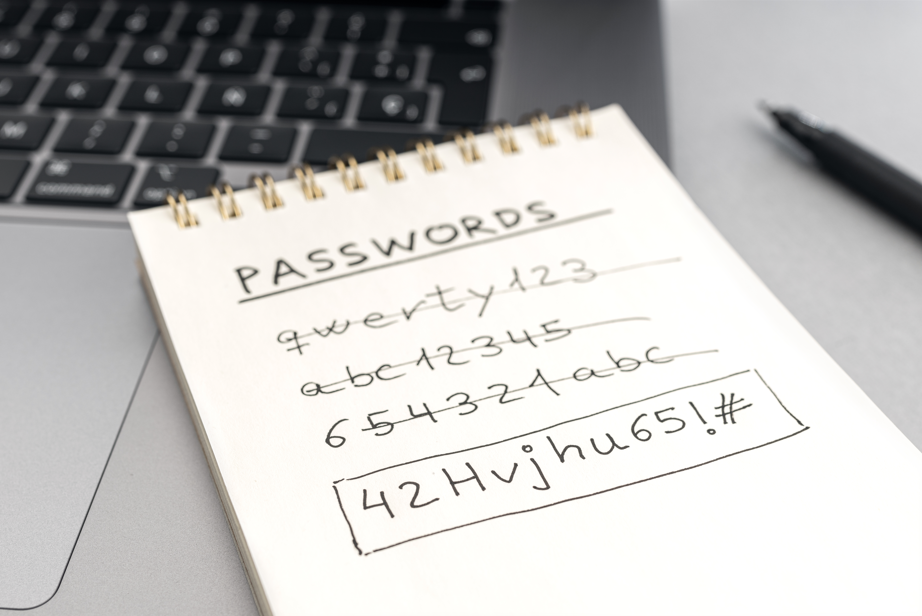What to Know About Bitcoin ATM Scams

The amount of money consumers are losing to scams involving Bitcoin ATMs has been surging, according to new data from the Federal Trade Commission.
The FTC reports that the amount lost from 2020 to 2023 increased tenfold to $110 million. In just the first six months of 2024, losses to Bitcoin ATM scams have already topped $65 million—with a median loss per victim of $10,000.
Older adults have been impacted the most by this latest tactic that scammers are using to steal money. According to the FTC, consumers 60 and older were three times more likely than younger adults to report losing money during the first half of 2024 to Bitcoin ATM scams.
Here’s what to know about Bitcoin ATM scams and how to protect yourself or an aging loved one from becoming a victim.
[ See: What to Know About Cryptocurrency Scams ]
What are Bitcoin ATMs?
Bitcoin ATMs, also called crypto ATMs or Bitcoin Teller Machines (BTMs), are kiosks where you can buy and sell bitcoin and other cryptocurrencies. They closely resemble traditional ATMs and typically can be found at gas stations, convenience stores and liquor stores. There are nearly 32,000 crypto ATMs throughout the U.S., according to Coin ATM Radar.
To use a Bitcoin ATM, you need a crypto wallet app that acts like a bank account for cryptocurrency or a QR code for a crypto wallet. You can choose the type and amount of cryptocurrency you want to buy, scan a crypto wallet QR code, then insert cash (or a debit card at some machines) to complete a purchase.
How Bitcoin ATM scams work
Scammers use a variety of tactics to persuade victims to send them cryptocurrency through Bitcoin ATMs.
- Imposter scams: Scammers pose as government officials, law enforcement or financial institutions and contact potential victims by phone, email or text messages with claims that their accounts have been compromised. The scammers then tell them they need to take money out of their accounts and use Bitcoin ATMs to convert their cash to crypto for safe keeping.
- Tech support scams: Victims receive pop-up alerts on their computers notifying them of a virus or a prompt to renew their anti-virus software. When they call the number provided, they are told that hackers have accessed their computer and financial accounts and that they need to convert their cash to cryptocurrency at a Bitcoin ATM to protect it.
- Utility scams: Scammers pose as utility company employees and threaten that utilities will be turned off unless an immediate payment is made through a Bitcoin ATM.
- Romance scams: Scammers strike up relationships online through dating apps or social media sites. Then they claim to have an emergency and ask for payments through crypto ATMs.
- Pig butchering scams: Scammers send generic greetings through text messages, hoping that recipients will respond so that they can establish a relationship with them. Then the scammers offer to help victims get rich by investing in cryptocurrency using Bitcoin ATMs or directing them to fake cryptocurrency trading sites.
The stories vary, but scammers will inevitably create a sense of urgency that requires victims to pay them using a Bitcoin ATM. The scammers provide victims with the crypto wallet QR codes they need to use at Bitcoin ATMs to deposit cash into a crypto account. Those accounts belong to scammers, who take the cryptocurrency and run. Once a transaction is made, it can’t be reversed.
How to avoid Bitcoin ATM scams
If anyone contacts you out of the blue and tells you to withdraw cash and convert it to cryptocurrency at a Bitcoin ATM, the FTC recommends taking these steps:
- Be aware that real businesses and government agencies will never ask you to use a Bitcoin ATM to make a payment or solve a problem. Only scammers make this sort of request.
- Never withdraw cash if you are contacted out of the blue and told to do so—even if the person contacting you claims to be with a trusted organization and knows personal details about you such as the last four digits of your Social Security number. Scammers can buy this sort of information, which can be exposed in data breaches and sold on the dark web.
- Slow down and talk with someone you trust. Scammers will try to scare you into acting quickly without thinking and will tell you not to talk with anyone else. Make an excuse to end contact, then reach out to a family member, financial institution representative or even law enforcement for advice on how to handle the situation.
If you have aging loved ones who are at risk of being targeted by Bitcoin ATM scams, consider using a financial safety service such as Carefull to monitor their accounts for unusual transactions, such as large cash withdrawals. Carefull’s 24/7 account, credit and identity monitoring looks for more than 50 issues that can be signs of fraud or money mistakes, including transactions on cryptocurrency trading platforms.
Try Carefull for free for 30 days.

3 Steps to Safer Money,
Try it Free for 30 Days
Step 1
Start your free,
no-risk trial
Step 2
Connect the accounts and cards you want protected
Step 3
Stay alerted to any
unusual activity



.png)



